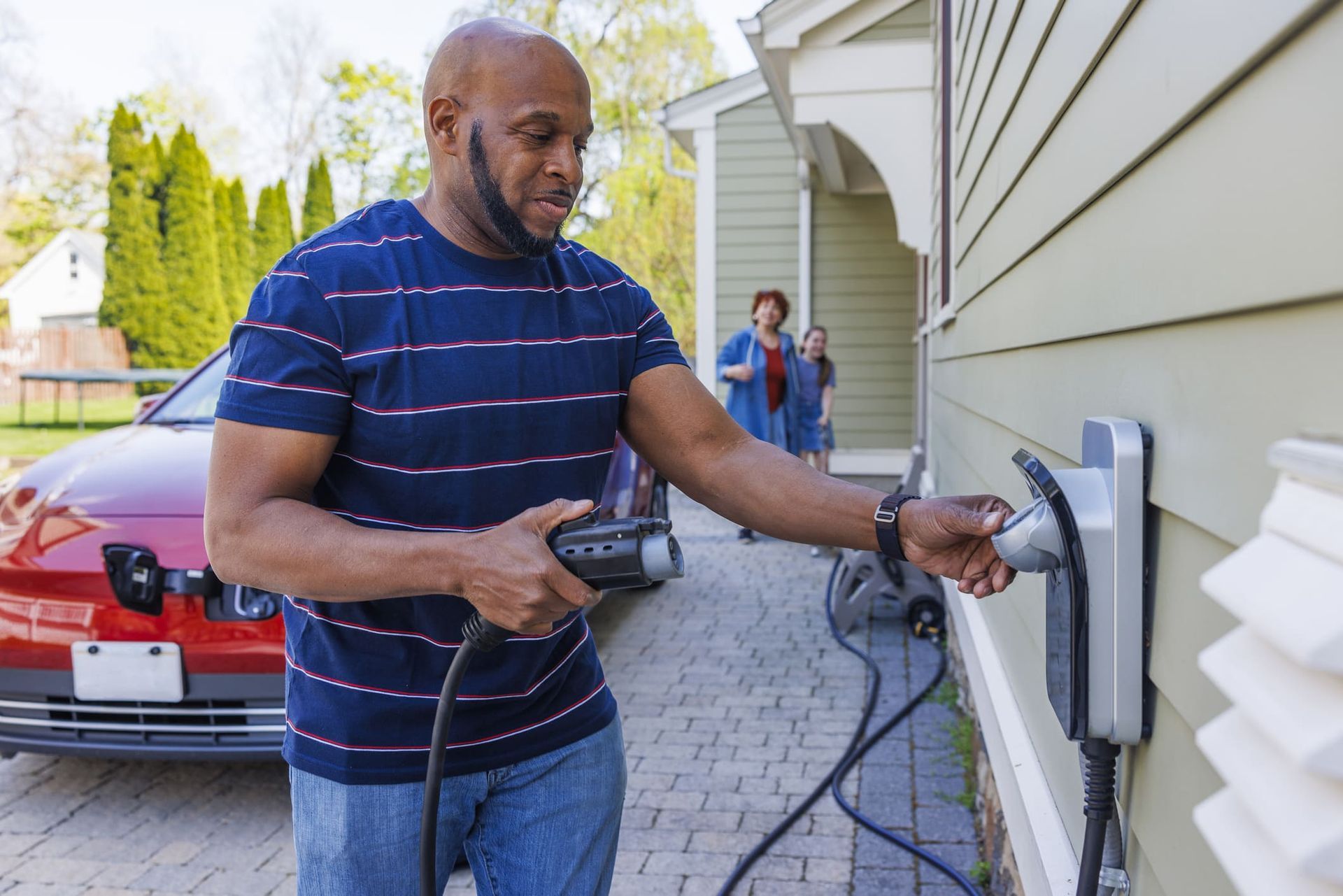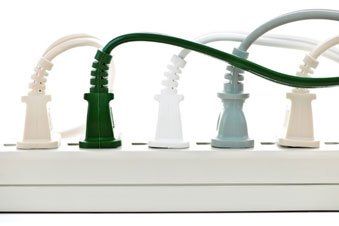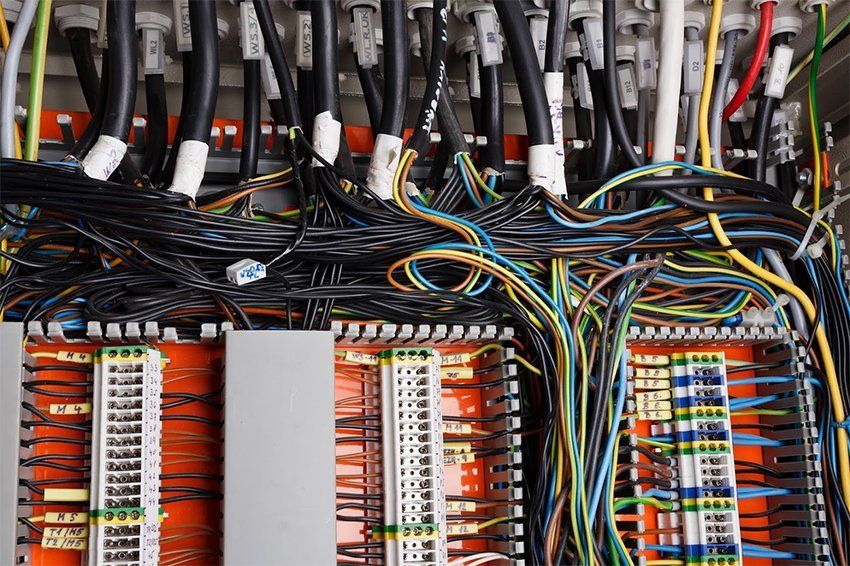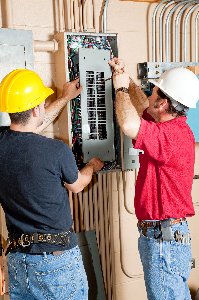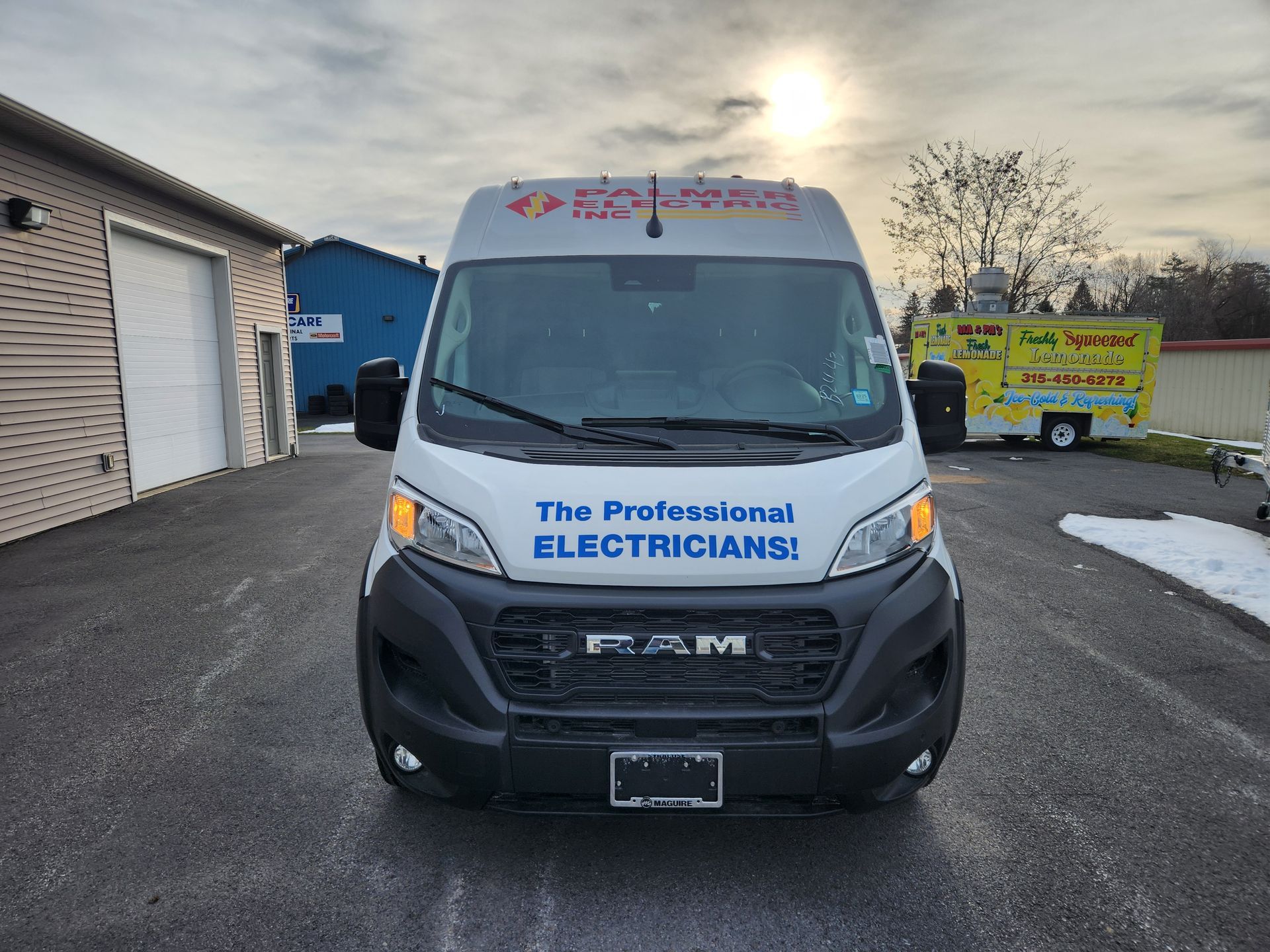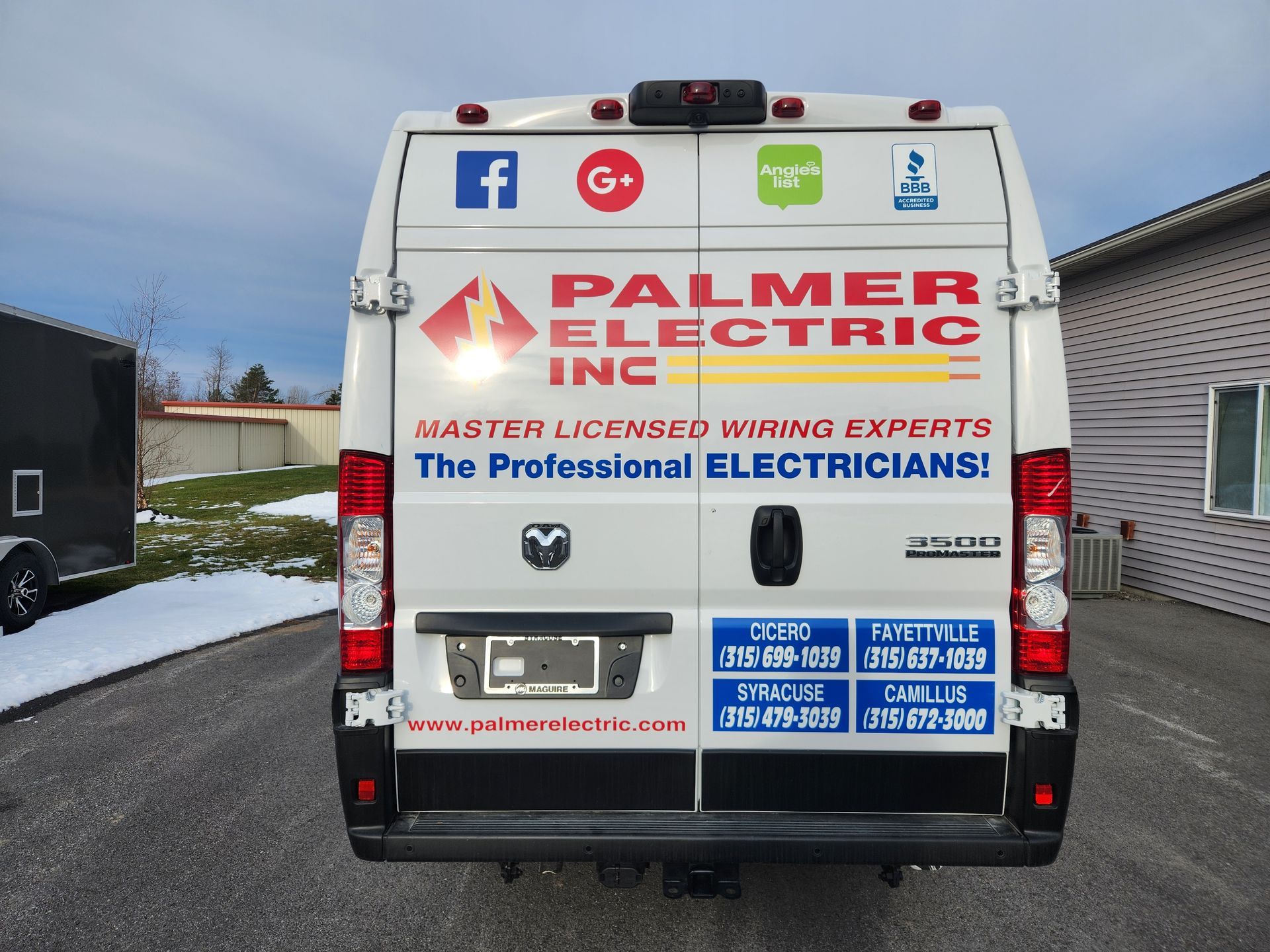Potential Causes of Electrical Fires in a Home
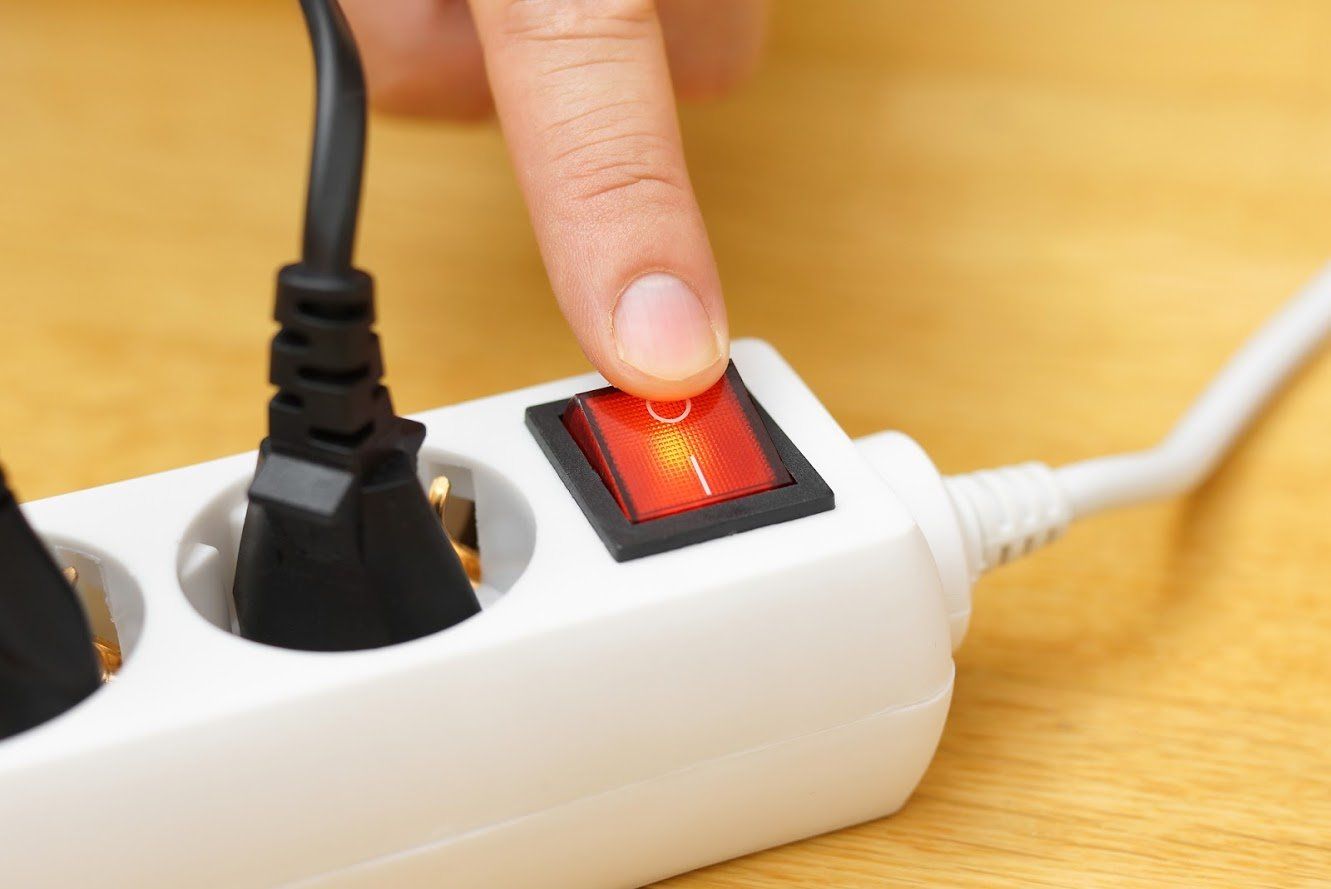
An electrical fire doesn't just damage your electrical wiring. Just like other fires, an electrical fire can also raze down your entire home. Know why electrical fires break out in residential properties so that you can take appropriate measures. Below are some typical causes of electrical fires.
Overloaded Circuits
Each electrical circuit has a maximum electrical current the circuit can handle safely. You risk an electrical fire if you force a circuit to carry current above the safe limit. You risk a circuit overload if:
- You don't know the maximum rating of your circuits.
- You don't know the power demands of your appliances.
- You use an extension cord permanently.
- You don't plug high-power appliances into dedicated outlets.
Loose Connections
The air's high electrical resistance makes it a bad conductor of electricity. However, the air can conduct electricity if the electrical power is high enough to overcome the resistance and the distance is short. Such conditions exist when two electrical conductors are very close together but don't touch. A good example is when an electrical connection loosens.
In such a case, electrical current can jump from one conductor to another. Unfortunately, the high resistance of the air will heat the immediate
environment and may even ignite it. The bright arcs that you see in loose electrical connections are a result of this high resistance. Under some
circumstances, the arcs can trigger electrical fires.
Damaged Insulation
In a safe electrical system, insulation materials separate wires that should not touch. When the insulation gets damaged, say in an accident or due to age-related deterioration, the separated wires can come into contact and create a short circuit. A short circuit refers to the flow of electricity along an unintended path, a situation that can easily trigger an electrical fire.
Negligent Installations and Repairs
Electrical wiring is a fairly complicated subject for many people. Most electricians discourage DIY electrical wiring because even a simple mistake can have grave consequences.
For example, you can trigger an electrical fire if you use an electrical cable not meant for outdoor use to wire your garden lights. Moisture
exposure can trigger a malfunction and an electrical fire from such wiring when the exposure creates a short circuit.
Other dangerous DIY mistakes include loose connection of wires, mismatched color codes, and the use of improper wire diameters. Such
mistakes can easily cause conductors in the circuit to overheat or trigger a short in the circuit, and both things can lead to electrical fires.
Faulty Appliances
Faulty appliances, particularly those that draw a lot of power, can also trigger an electrical fire. An old electrical appliance with frayed cords, for
example, can create a short circuit that may create sparks and fires. A faulty appliance may also draw more power than the circuit can handle, overheat, and trigger an electrical fire.
Negligent Use of Extension Cords
An extension cord allows you to extend power or get an electrical outlet in a temporary location. For example, if you need to test an electrical
device on the table, you can use an extension cord to get power on the table. Unfortunately, people abuse extension cords when they turn the
cords into permanent outlets.
If you use an extension cord as a permanent fixture, you risk damage to the cord, overheating, and circuit overload. All of these things can result
in electrical fires.
Maintain your electrical wiring and installations to preempt electrical fires. You should also fix electrical malfunctions as soon as they occur.
Palmer Electric, Inc., can help you with both maintenance and repairs. Contact usfor all your electrical needs, and we will give you professional
service.



